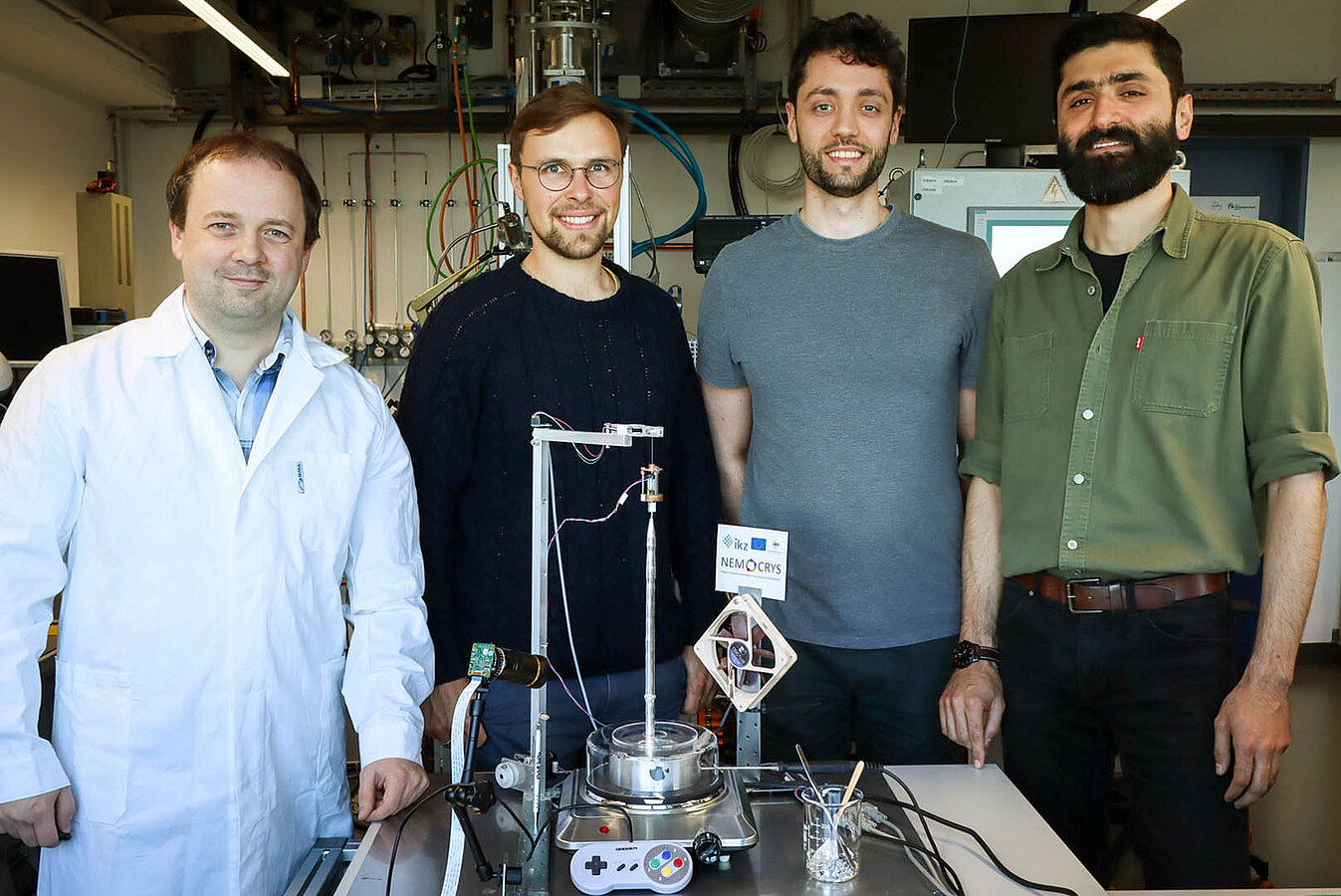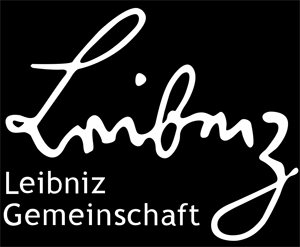Crystalline materials are indispensable to modern life, and the development of crystal growth processes for novel materials remains an important challenge in materials science and engineering. However, crystal growth remains a relatively unknown subject outside specialized research communities and industries. Even in academia, while scientists in various fields use crystals for a wide range of purposes, there is little awareness of the fascinating science behind the production of crystalline materials. In the HANDSOME project, Dadzis and his team aim to bring crystal growth closer to the general public and support the integration of this topic into educational curricula at various levels. “We hope to increase awareness about the challenges and prospects of modern materials science and to attract more young talents to the exciting field of crystal growth,” Dadzis said.
A key milestone in this effort will be the development of a novel hands-on setup to demonstrate crystal growth using the so-called Czochralski process, a technique widely used in the industry, for instance in the production of silicon crystals for computer chips. The basic idea behind the HANDSOME demonstration kit is the principle that, with careful design of the process, the physical phenomena governing the growth of silicon crystals at temperatures exceeding 1400 °C in sophisticated furnaces under vacuum would be essentially the same for tin crystals grown at around 230 °C on a cooking plate in room air. Nevertheless, it is easier, cheaper and safer to conduct observations and measurements with tin – three factors that are essential for an accessible education kit. Hands-on experiments with tin as a model material can be used to demonstrate physical phenomena such as energy transfer, fluid flow, melting and solidification – topics that are encountered in the physics class as well as everyday life.
Simple desktop experiments have been part of Dadzis’ work at IKZ since he established a new research group, "Model Experiments," including a new laboratory in 2020. Such experiments have been serving as first prototypes for the research furnaces which Dadzis’ team is using to collect extensive, detailed measurements on crystal growth processes. The measurement data are then used to build a new generation of crystal growth simulations where the underlying modeling assumptions are rigorously validated instead of just postulating them. The two doctoral students in the team, Arved Wintzer and Iason Tsiapkinis, are developing simulations for several modern growth techniques with a wide range of physical phenomena from heat and mass transport in the melt to stresses in the crystals. Dr. Sepehr Foroushani is developing novel measurement techniques, for example to monitor and improve the energy efficiency of crystal growth furnaces.
In the new project, a robust and modular desktop setup using low-cost components will be developed with primarily educational purposes. A unique feature of the HANDSOME kit will be the open science approach: open hardware and open-source software for process control and measurements will exclusively be used. The project team believes that the novel educational tool will be suitable for various types of schools, science and technology courses at universities as well as public science events. Several institutions have already expressed interest in collaborating with the IKZ team during the development of the kit and using the prototypes in their educational activities.
About Proof of Concept Grants
The European Research Council (ERC) has announced 66 new recipients of its Proof of Concept (PoC) Grant scheme for first round of the 2023 call. This funding is part of the EU's research and innovation programme, Horizon Europe. From developing a new way to detect space debris, to the introduction of artificial soil to screen plants nutritional needs from below the ground, to the development of a cheap and reliable method to detect ovarian cancer, the PoC scheme supports researchers working in a wide range of disciplines. Researchers use this type of funding to verify the practical viability of scientific concepts, explore business opportunities or prepare patent applications. The PoC grant scheme is open only to researchers who are or have been previously funded by the ERC. They use the funding to explore the innovation potential of the findings they have made in the course of their Starting, Consolidator, Advanced or Synergy grant projects.
Further information: https://erc.europa.eu/apply-grant/proof-concept
About the ERC
The ERC, set up by the European Union in 2007, is the premier European funding organisation for excellent frontier research. It funds creative researchers of any nationality and age, to run projects based across Europe. The ERC offers four main grant schemes: Starting Grants, Consolidator Grants, Advanced Grants and Synergy Grants. The ERC is led by an independent governing body, the Scientific Council. Since 1 November 2021, Professor Maria Leptin is the President of the ERC. The overall ERC budget from 2021 to 2027 is more than 16 billion euro, as part of the Horizon Europe programme, under the responsibility of the European Commissioner for Innovation, Research, Culture, Education and Youth, Mariya Gabriel.
Further information: https://erc.europa.eu/homepage
Contact person:
Kaspars Dadzis
Section Fundamental Description/ Junior Research Group "Model Experiments"


